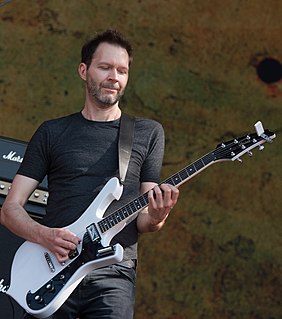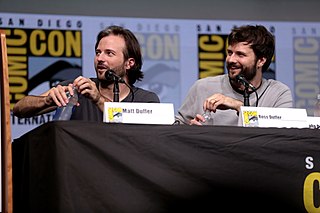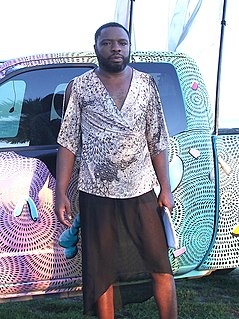A Quote by Brian De Palma
The real trouble with film school is that the people teaching are so far out of the industry that they don't give the students an idea of what's happening.
Related Quotes
Film theory has nothing to do with film. Students presumably hope to find out something about film, and all they will find out is an occult and arcane language designed only for the purpose of excluding those who have not mastered it and giving academic rewards to those who have. No one with any literacy, taste or intelligence would want to teach these courses, so the bona fide definition of people teaching them are people who are incapable of teaching anything else.
The business side of film has goofed up so many things, but even that's changing. It happened to the music industry and now it's happening to the film studios. It's crazy what's going on. But artists should have control of their work; especially if, as I always say, you never turn down a good idea and never take a bad idea.
I am relieved that, in my own teaching, I don't have to moderate between high stake teaching and education for the virtues. If I did, I would give students the tools to take the tests but not spend an inordinate amount of time on test prep nor on 'teaching to the test.' If the students, or their parents, want drill in testing, they'd have to go elsewhere. As a professional, my most important obligation is to teach the topic, skills, and methods in ways that I feel are intellectually legitimate.
In my opinion, having worked in the games industry and still keeping in touch with a lot of those guys, there was definitely a time when they saw themselves as the little brother of the film industry. But they kind of went off in a different direction and now see themselves, I think, as being far more interesting and ahead of the film industry. They haven't just caught up. They've gone off in a different direction and exceeded the film industry.
I'm not saying to the kids yo drop out of school, education is the most important thing first and foremost. You know, my circumstances were a little different. I needed to work to help out so I couldn't be in school. Not only that, it was getting into trouble and all that s**t. I was getting into trouble more in school than I was out of school, so I had to just go ahead and make that adjustment, so I mean realistically I always tell everybody, in my case I don't got a high school diploma, but I have two Grammys so it kinda worked out best for me.
We had this idea, and I think a lot of people did going in, that you can make some short film and it's going to get industry attention and that's going to be your thing. And it was only later on at school that we realized that's very rare that a short film is going to capture the attention of anyone.





































